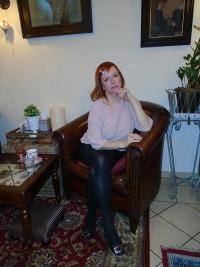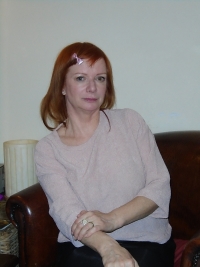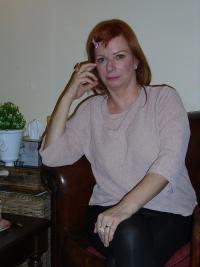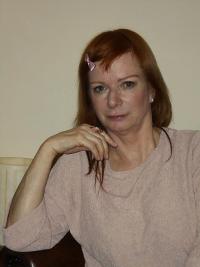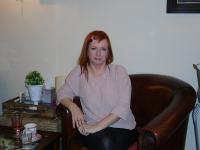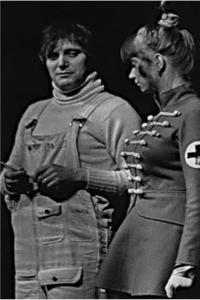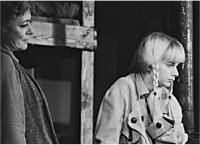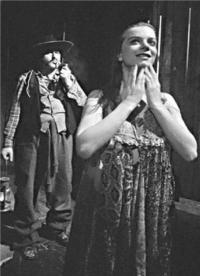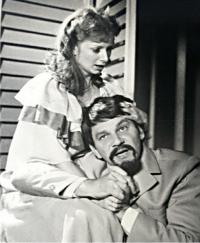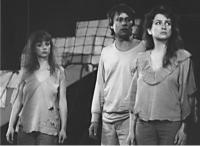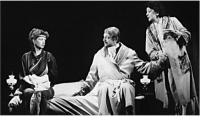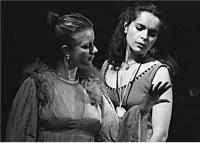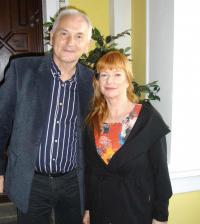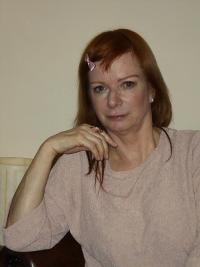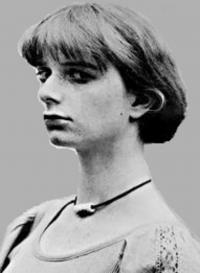When somebody shows me trust I’ll do anything
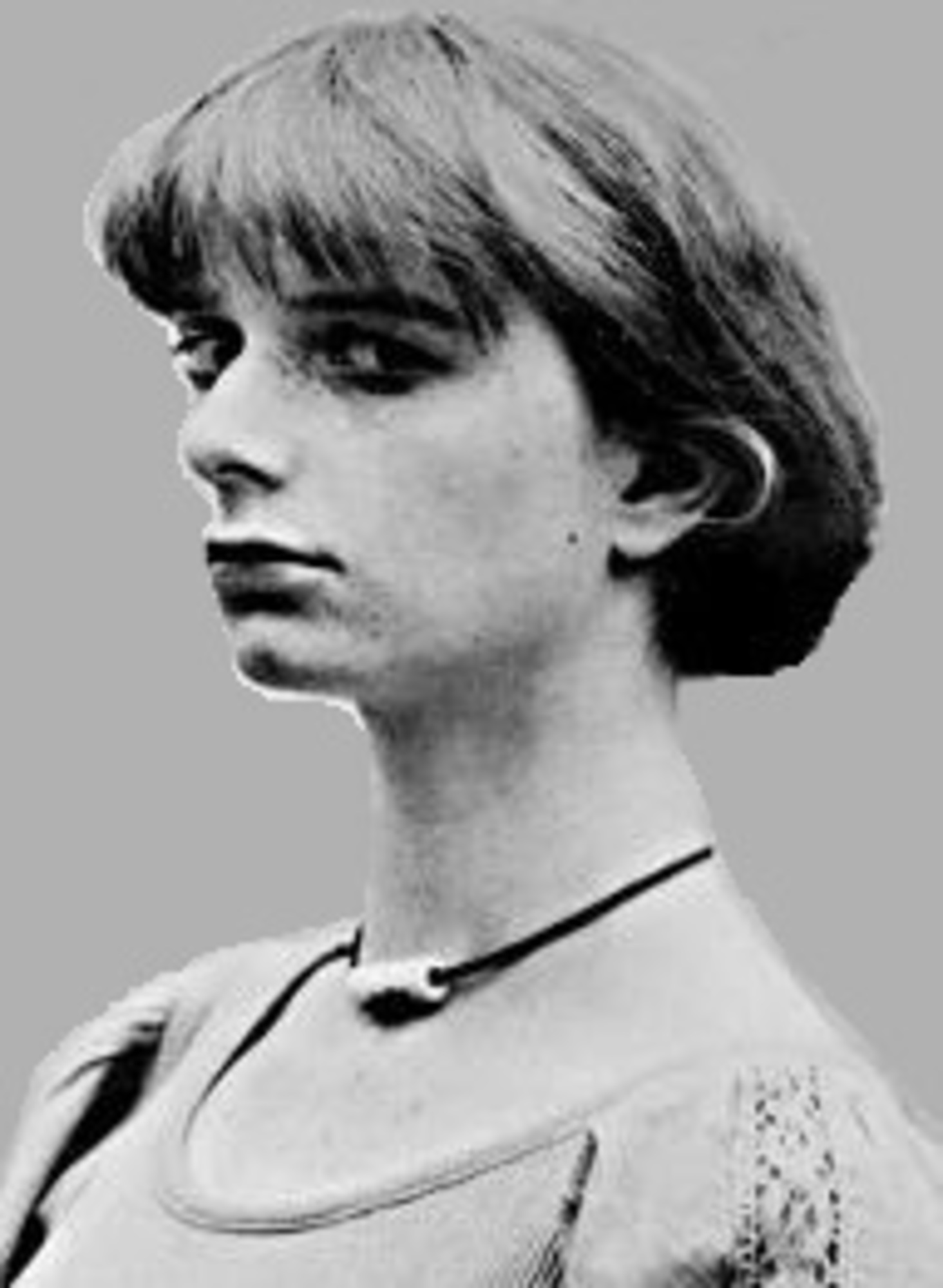
Download image
The Czech actress and presenter Bára Štěpánová was born on the 18th of December 1959 in Prague. Ever since she was young she leaned towards art, she sang in the Kühn children’s choir, she was a guest performer in the National Theatre and the Semafor theatre. After graduating from the state conservatoire’s music and drama department she joined the Josef Kajetán Tyl theatre in Pilsen. She had a disagreement with the theatre’s management and left for Prague. She joined the František Ringo Čech theatre where she performed until 1991. In 1986 she signed Charter 77 in Brno. In 1988 she was arrested at the Wenceslas Square during an anti-communist protest and charged with assaulting a public servant. The same year she co-founded an initiative called Společnost za veselejší současnost (“Society for a More Cheerful Present”). From 1990 to 1992 she worked as personal secretary for President Václav Havel. Today she performs as an actress and lives near Prague in Zákolany with her family.
